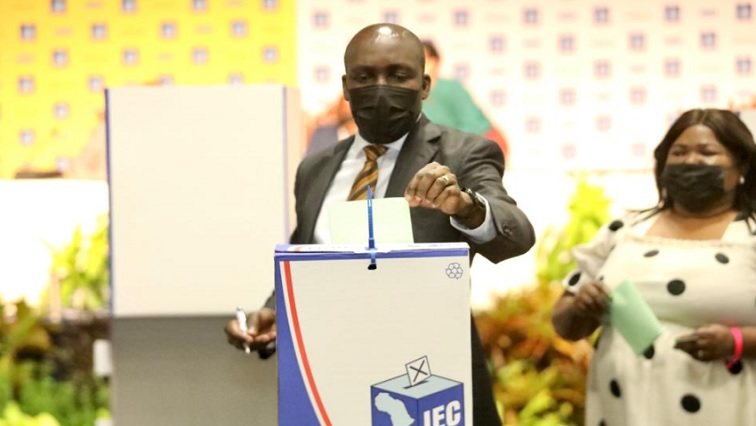Re-elected eThekwini mayor, Mxolisi Kaunda, says fixing problems with basic services will be among his top priorities within his first 100 days in office.
Kaunda says that he expects officials to present plans to fix ageing water and sewage infrastructure and unstable electricity supply and also to improve refuse collection.
The African National Congress (ANC) retained control of the metro with the help of smaller parties.
Kaunda says the fact that the ANC only received 42% of votes, shows that voters are dissatisfied.
“The people of eThekwini have spoken. Their message to us is loud and clear, that we must work together to improve their living conditions. The fact that no political party obtained an outright majority is an indication that we did not respond adequately to the aspirations of our people. There is still more to be done.”
Democratic Alliance (DA) caucus leader, Nicole Graham, who ran against Kaunda for mayor, says a difficult five years lies ahead for the eThekwini municipality.
Graham says, “Our voters don’t just not want the ANC, they want an alternative. They want solutions and that’s what we are going to do. We have made it clear that we will work from month to month, from meeting to meeting, we will work on solutions that serve the people of this city. Whether that is good suggestions from the ANC, whether it’s mobilising other opposition parties to work with us, this is going to be an ever-evolving environment.”
VIDEO: Kaunda elected Mayor of eThekwini Metro:
Coalitions
Local government expert and analyst Amos Goliath, says the two weeks allocated to political parties to form coalitions needs to be revisited as it is not long enough.
He was reacting to the ANC’s retaining the mayorship of eThekwini, beating the DA by a small margin.
Goliath says the results should not be surprising, given the shock results of Ekurhuleni, Johannesburg, and Tshwane, where the ANC was ousted .
He says, “Fourteen days is not sufficient time for political parties to develop stable coalitions. We will have to revisit the time frames that we give to parties in order for them to negotiate and agree on stable coalitions. I mean 14 days is not enough, now what we have seen is more horse trading than anything.”






